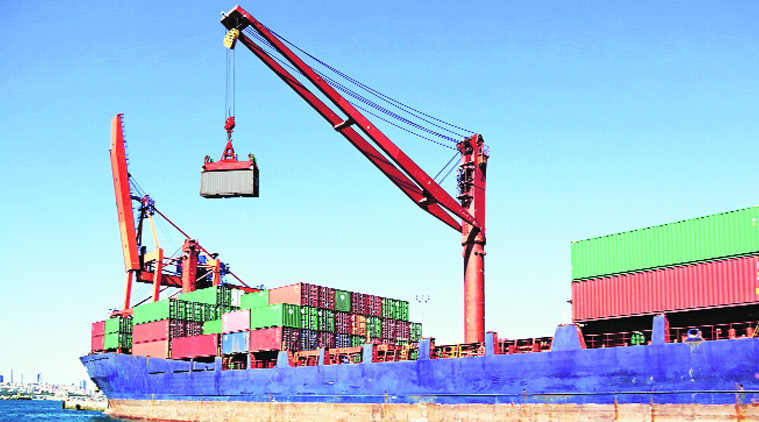
As the GDP argument continues, the Centre for Monitoring Indian Economy (CMIE) has released its review of the macro-economic performance for May 2019. In its review, the think tank took into account a few indicators such as economic growth, fiscal discipline, inflation and exports.
The review said that the Indian economy is likely to continue on the near 7 per cent growth trajectory in 2019-20, stressing that investment demand is likely to be weak. The review also added that India achieved its fiscal deficit target for 2018-19 by reducing fiscal management to a numbers game. The review added that the tax collection targets for 2019-20 was look too steep and unattainable.
As for the RBI’s monetary policy review, the CMIE said that the bank’s change of stance and repo rate cut are not sufficient to ensure a pick-up in bank credit.
Economic growth
The economy will continue to grow on the near seven per cent growth trajectory in 2019-20. Investment demand is likely to be weak as Indian corporate suffer low capacity utilisation. The government does not have fiscal space to provide a capex push as it did in the previous government. Urban consumption demand remains weak owing to lack of fresh job creation. Uncertainty is looming over the rural prospects too as monsoon has got delayed. Besides, export demand is likely to decelerate further as the global economy slows down and trade wars remain unresolved. The RBI has recently scaled down its forecast for India’s GDP growth in 2019-20 to 7 per cent from 7.2 per cent projected in April 2019. The median forecast of 26 professional forecasters polled by the central bank stands at 7.2 per cent, it said.
Fiscal discipline
The review said that the central government achieved its fiscal deficit target of 3.4 per cent of GDP for 2018-19 by reducing fiscal management to a numbers game. It added that till February 2019, India was staring at a huge deficit of Rs 8.5 lakh crore but reported a huge surplus of Rs 2.1 lakh crore in March 2019.
The government has been dependent on off-balance sheet financing, particularly for its subsidies for the last three years. FCI’s borrowings from the NSSF now stand at Rs 1.86 lakh crore. In 2018-19, the government also postponed its fertiliser and oil subsidy payments, pushing the total subsidy arrear inheritance of the next government up to Rs 2.5 lakh crores, it said.
It believes that the government may have to relax its fiscal deficit target for 2019-20. After missing the targets of both, direct and indirect taxes by a huge margin in 2018-19, the tax collection targets for 2019-20 look too steep and unattainable, the report said.
RBI
Talking about the RBI’s monetary policy review, the CMIE report says that slashing repo rate and changing its stance from neutral to accommodative are positive moves, but they are not sufficient to ensure a pick-up in bank credit.
The RBI is helping banks bring down their short-term cost of funds. But, the long-term funds i.e. deposits remain costly, because of the tough competition faced by banks in fund mobilisation from corporate bonds and small savings who offer 8 per cent plus returns, the review mentioned.
Inflation
Retail inflation, measured by year-on-year change in the CPI, inched up marginally to 2.92 per cent in April 2019 from 2.86 per cent in March 2019. Inflation in food prices increased to 1.4 per cent from 0.7 per cent in March. Fuel inflation too rose by 22 basis points to 2.6 per cent. Core inflation, which excludes food and fuel, however, dropped sharply to 4.3 per cent from 4.8 per cent in March. Core inflation has been softening since the second half of 2018-19 on weaker domestic and external demand conditions. The retail inflation is expected to rise going forward, yet remain below the RBI’s target of four per cent, said CMIE.
Exports
In the future, export growth is likely to remain subdued, owing to the slowing global economy and unresolved trade wars. India’s import bill too is unlikely to rise much unless crude prices see an unanticipated spike. Current account deficit (CAD) in 2019-20, at around two per cent, will be a tad lower than in 2018-19. A modest increase in FDI inflows owing to Essar Steel buyout by ArcelorMittal and return of FIIs following a clear mandate to Modi 2.0, is likely to strengthen the country’s foreign exchange reserves further in 2019-20, said the CMIE report.


